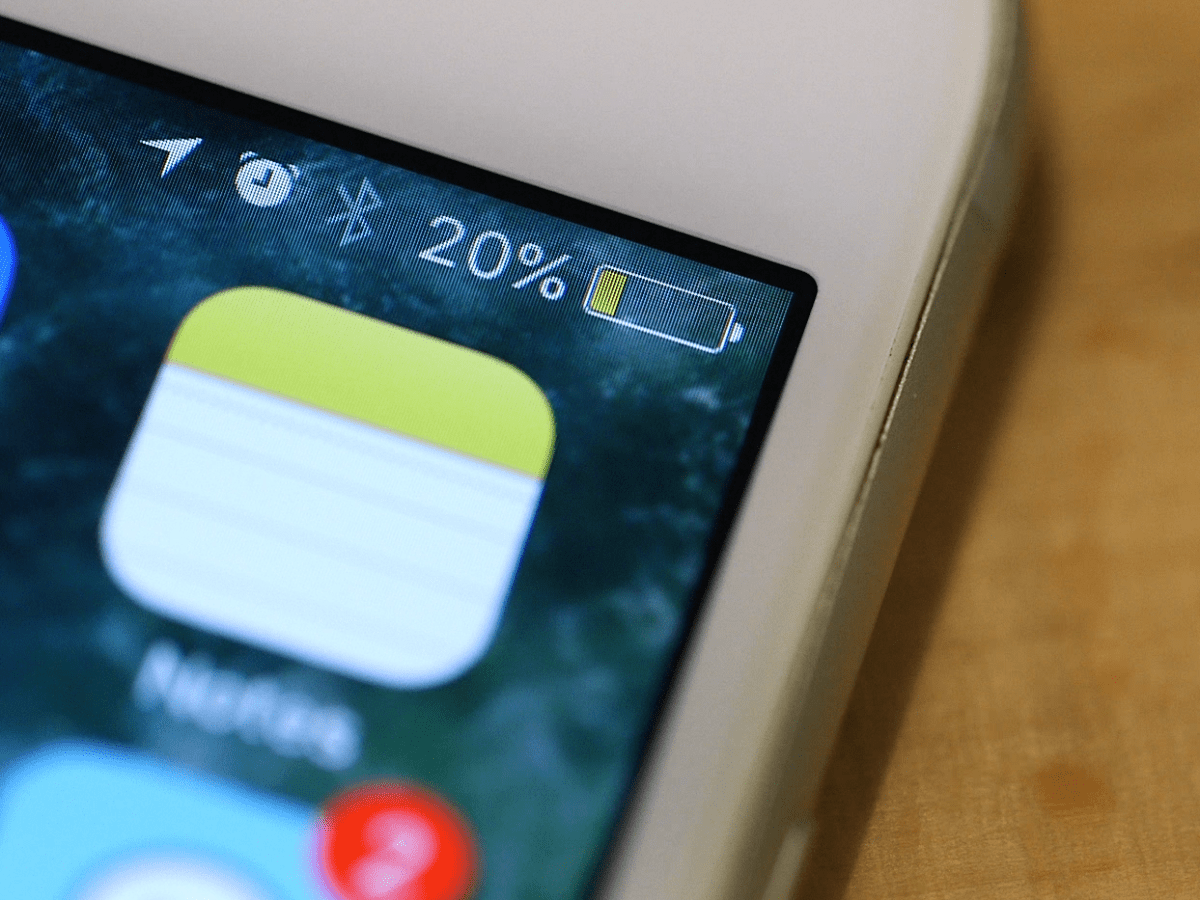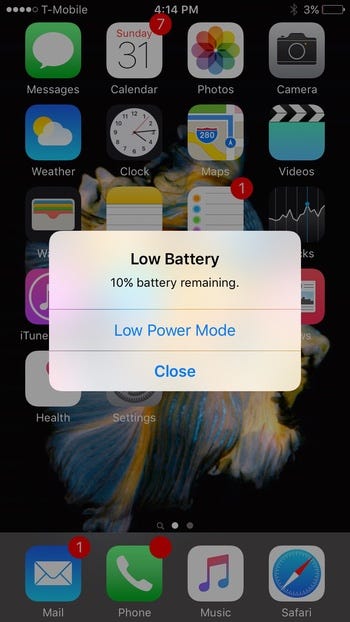


No one will argue that fast charging technologies are a great time-saver. If you can’t avoid leaving your phone to charge overnight, make sure its in cool or well-ventilated place so the heat can more easily dissipate. While mobile phone batteries wont overheat to the point that it’s dangerous to the user, exposing a battery to high heat is one of the fastest ways to shorten its lifespan. When kept at 100% charge your battery not only experiences higher stress from the higher voltage, heat also builds up over time. While leaving your phone to charge overnight is a common habit, it can actually shorten its battery lifespan. If this isn’t practical, try to aim for a maximum of 90% and to start charging your phone before it hits 20%.Ģ. Ideally you should charge your battery up to about 80% and avoid having it drop lower than 30%. On the contrary, you’re stressing your lithium-ion battery more and shortening its lifespan by doing so: discharging your battery fully at 100% compared to 60% can halve the lifespan of your battery .īecause lithium-ion batteries come under the most stress when they’re fully charged or fully drained the best approach is partial charging. This is a holdover from older battery types: lithium-ion batteries don’t work this way. You might have heard that calibrating your battery makes it work better. to try to charge it to 100% and drain it completely. Some of you might think that the best way to keep your battery healthy is to charge it and discharge it fully i.e. Keep your battery from going to 0% or 100% How can we keep our phone battery working in top form for as long as possible? Here are 10 things you can do:ġ. That’s because every time your phones lithium-ion battery charges and discharges energy it loses how much charge it can hold. Lithium-ion offers many advantages (its higher energy density means smaller batteries, which in turn mean lighter, sleeker phones, for example) but these batteries still inevitably degrade with use.Īnyone who has used a mobile phone for many years will probably notice that its battery life seems to get shorter over time, perhaps lasting only half a day even after a full charge. Today the vast majority of mobile phones (and tablets and laptops) use lithium-ion batteries. But while most of us protect our phones with sturdy cases, we don’t seem to invest as much effort in protecting our phone battery’s lifespan. A mobile phone is about as useful as its battery life: it wouldn’t really be a mobile phone without a charged battery after all.


 0 kommentar(er)
0 kommentar(er)
